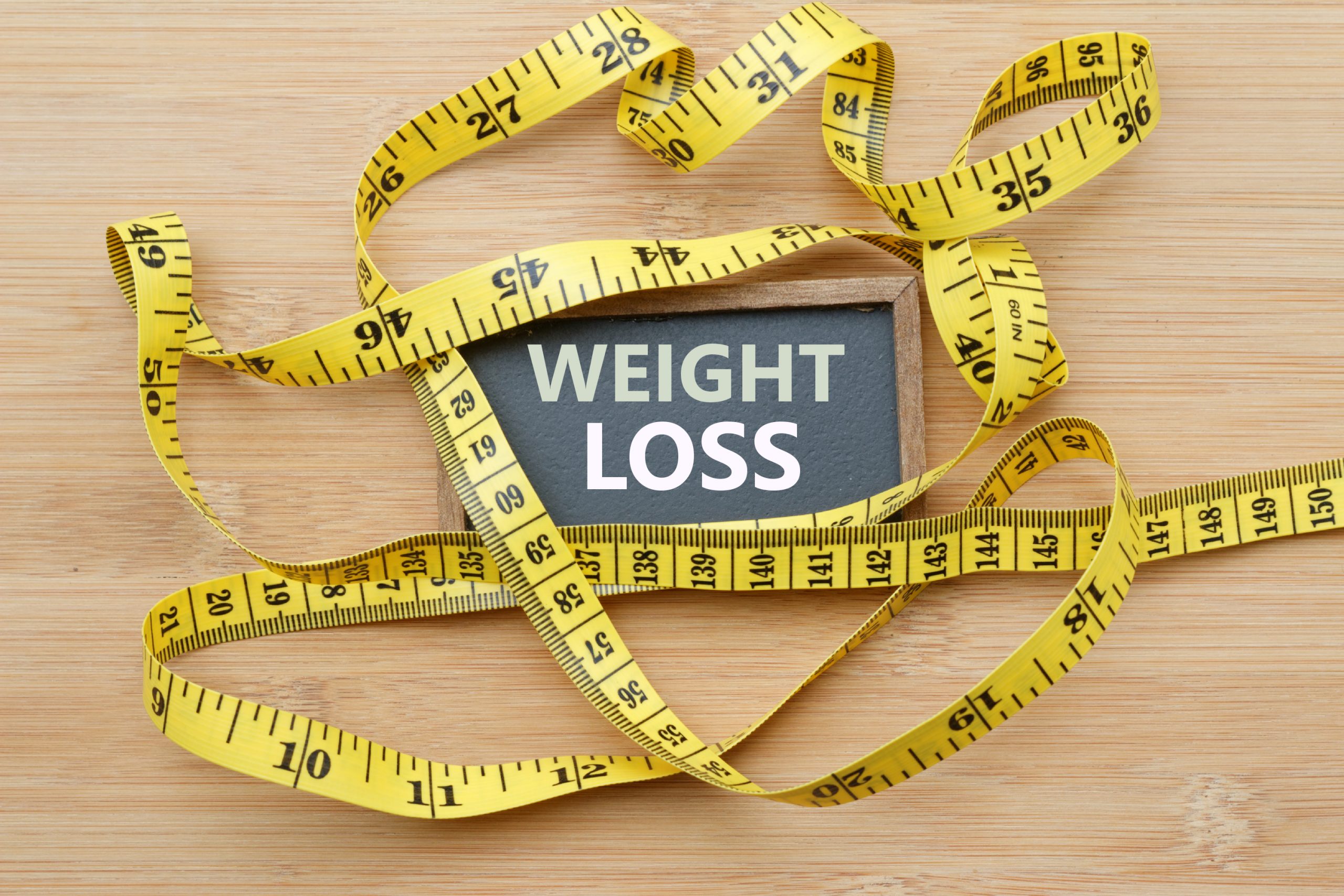When it comes to weight loss, understanding your body’s metabolism is crucial. Metabolism refers to the complex series of chemical reactions that occur in your body to convert the food you eat into energy. It plays a significant role in determining how efficiently your body burns calories and influences your weight loss journey. In this article, we will explore the role of metabolism in weight loss and provide tips on how to optimize it for successful and sustainable results.
- Basal Metabolic Rate (BMR): Your basal metabolic rate (BMR) is the number of calories your body needs to perform basic functions at rest, such as breathing and circulating blood. It accounts for the majority of your daily calorie expenditure. Factors such as age, gender, weight, and body composition influence your BMR. Understanding your BMR can help you determine your calorie needs and create a realistic weight loss plan.
- Thermic Effect of Food (TEF): The thermic effect of food (TEF) refers to the energy expended during the digestion, absorption, and storage of nutrients from the food you eat. Protein has the highest TEF, followed by carbohydrates and fats. Including protein-rich foods in your meals can slightly increase calorie expenditure due to the higher energy cost of digesting protein.
- Physical Activity: Engaging in physical activity has a significant impact on your metabolism and weight loss efforts. Regular exercise helps increase muscle mass, which can raise your resting metabolic rate (RMR). Additionally, physical activity contributes to the total calories burned throughout the day, aiding in weight loss.
- Strength Training: Incorporating strength training exercises into your routine can have a positive effect on your metabolism. Building lean muscle mass through strength training increases your RMR. Muscles require more energy to maintain than fat, so the more muscle you have, the more calories you burn, even at rest.
- High-Intensity Interval Training (HIIT): HIIT workouts involve short bursts of intense exercise followed by brief recovery periods. These workouts can elevate your metabolism and increase calorie burning during and after the workout. HIIT exercises also help improve cardiovascular fitness and support weight loss efforts.
- Nutrition and Macronutrients: The foods you eat and the balance of macronutrients (carbohydrates, proteins, and fats) in your diet can impact your metabolism. Consuming a balanced diet that includes adequate protein, fiber, and healthy fats can help keep your metabolism functioning optimally. Avoid crash diets or severely restricting calories, as they can slow down your metabolism and hinder weight loss progress.
- Hydration: Staying properly hydrated is essential for maintaining a healthy metabolism. Water is involved in various metabolic processes, including the breakdown and transport of nutrients. Drinking enough water can help support optimal metabolic function.
- Sleep and Stress Management: Adequate sleep and stress management are crucial for a healthy metabolism. Lack of sleep and chronic stress can disrupt hormonal balance and affect your metabolism. Aim for 7-9 hours of quality sleep each night and implement stress reduction techniques such as meditation, yoga, or deep breathing exercises.
- Consistency and Gradual Changes: Consistency is key when it comes to optimizing your metabolism for weight loss. Make sustainable changes to your lifestyle and eating habits rather than resorting to drastic measures. Gradual weight loss of 1-2 pounds per week is generally recommended for long-term success.
- Individual Differences: It’s important to recognize that metabolism can vary between individuals due to genetics, age, and other factors. Some people naturally have a higher or lower metabolism. Instead of comparing yourself to others, focus on creating healthy habits that work for you and your body.
In conclusion, metabolism plays a crucial role in weight loss. By












